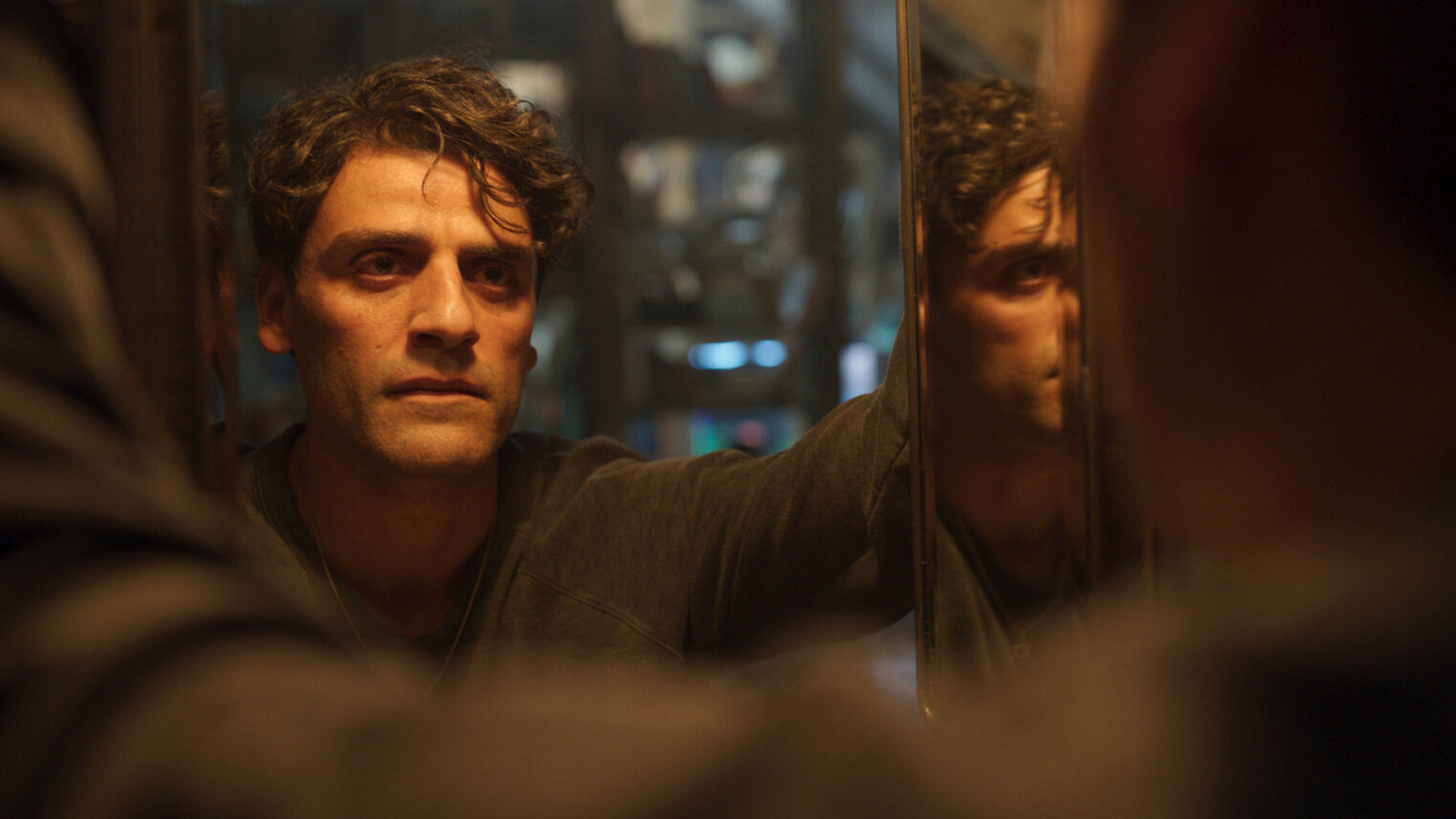Starting with “WandaVision,” Marvel Studios made it clear it was not going to follow the traditional, tried-and-true methods of making television, which had worked for decades. Instead of a showrunner — an executive producer and writer who shapes the creative vision of a series and sees it through from inception to completion, sitting at the top of the creative food chain for an individual show — Marvel opted to hire what it referred to as “head writers,” a term that disturbed veteran TV writers as soon as it was adopted. Under Marvel’s method, the buck stopped with Kevin Feige and his film execs, who limited the power of “head writers” in an attempt to more tightly control the final product. “TV is a writer-driven medium,” one Marvel insider told The Hollywood Reporter. “Marvel is a Marvel-driven medium.”
That process has resulted in some unfortunate behind the scenes situations. “Moon Knight” creator and writer Jeremy Slater reportedly quit, and director Mohamed Diab was given control of the series in his wake. THR says “Secret Invasion” creator Kyle Bradstreet had been writing the scripts for the show for around a year “when he was fired after Marvel decided on a different direction” for the show. A significant portion of the show’s crew was replaced as well, including crucial positions like line producers, unit production managers, and assistant directors.
Jessica Gao, who developed and wrote “She-Hulk: Attorney at Law,” was apparently “sidelined” in favor of that show’s director, Kat Coiro. Gao was eventually brought back to help with post-production, which appears to have been a eureka moment for Marvel Studios: THR says the company now plans to hire and embrace showrunners, because “Gao’s postproduction work on ‘She-Hulk’ helped Marvel see that it would be helpful for its shows to have a creative throughline from start to finish.”
Marvel also has plans to hire devoted TV executives to be a part of its process moving forward rather than relying on film executives to step into that role. “We need executives that are dedicated to this medium, that are going to focus on streaming, focus on television,” Marvel Studios film exec Brad Winderbaum told THR, “because they are two different forms.”
With a level of hubris normally reserved for comic book supervillians, a company known for its innovation in the theatrical space was so convinced of its own brilliance that it tried to force an entirely different medium to conform to its methods. Unlike most supervillains, though, at least Marvel seems to acknowledge its approach isn’t working and is changing course.
Marvel Studios tried to force TV to bend to its whims, but the studio eventually learned a hard lesson. Here’s hoping the rest of Hollywood is paying attention. Read More

